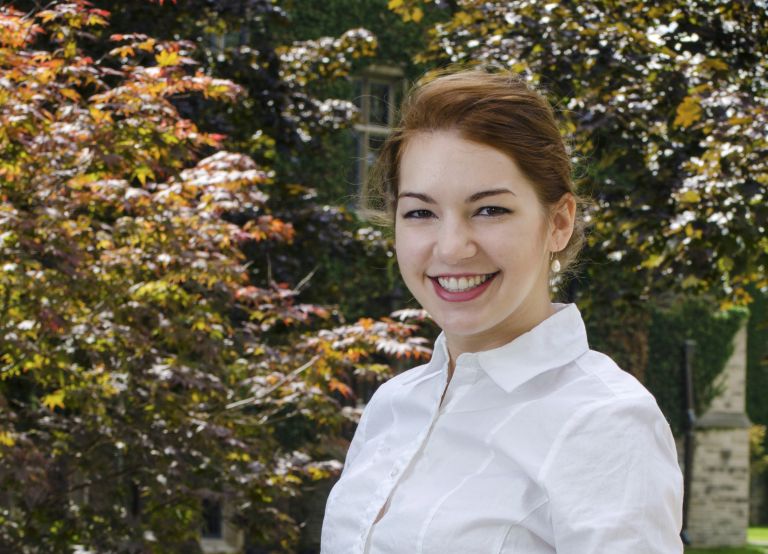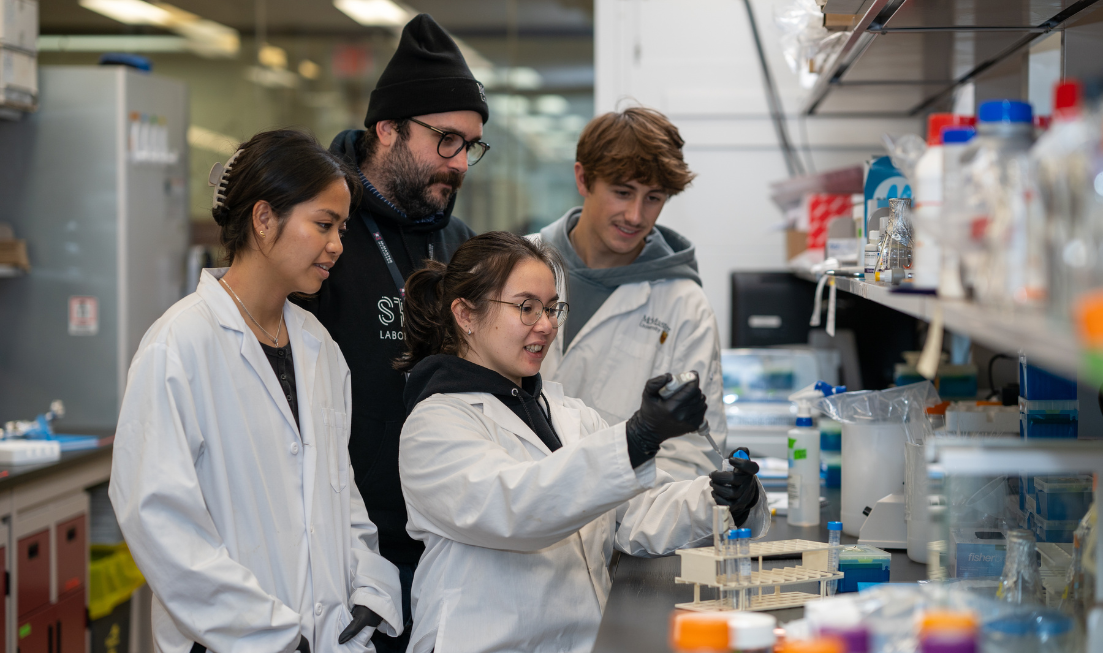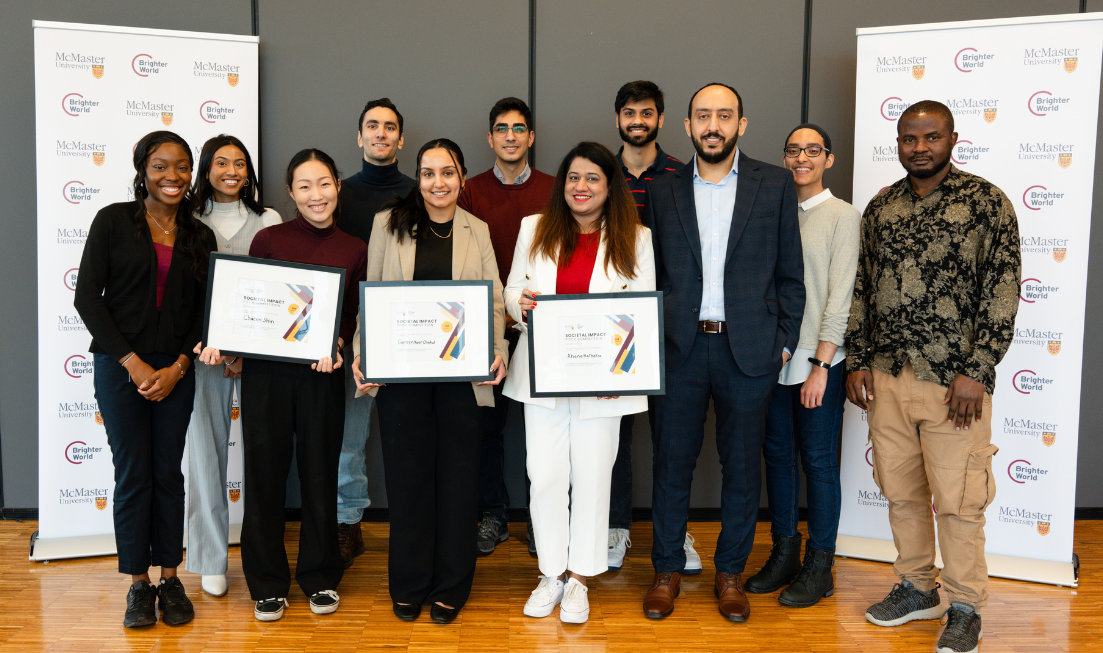It’s About Trust: Look to Norway for a Successful Mental Health Strategy, says Global Health Grad

MSc Global Health program graduate Katherine Palakovic
Building trust with marginalized groups and people with mental health challenges will maintain Norway’s place as a worldwide leader in human development, according to research by MSc Global Health graduate Katherine Palakovic.
“Prioritizing mutual respect, whether through formal avenues such as political participation or by listening to historically voiceless groups such as youth and people with mental health challenges, will help the country continue to cycle upward in a virtuous circle of development,” says Palakovic, who conducted research in Norway as part of her field practicum for the joint course between McMaster’s MSc Global Health program and University College of Southeast Norway (HSN).
Formally launched this month, the course offers students the opportunity to live and study in Vestfold, Norway. Titled Global transition within local communities. Small place, big changes, it explores health issues – including mental health – specific to Arctic populations.
“It was an incredible opportunity to learn and get out of my comfort zone,” says Palakovic, who conducted field research and completed a literature review. She notes that the research was only possible thanks to McMaster’s partnership with HSN on the High North Program, which aims to expand, strengthen and disseminate knowledge relevant to the High North.
“My advisor Hans Einar Hem at HSN was explicit about the experience being culturally immersive,” Palakovic explains, noting that Hem, a medical anthropologist, encouraged her to take an anthropological approach to her scholarly paper research. “He really encouraged me to get out ‘in the field’ and talk to as many people as possible and get a variety of perspectives,” she says.
The experience left Palakovic with a positive view of the Norwegian welfare state – and a lot of data. “It’s something we can learn from,” she says. “The Nordic way has always been to help up those who are struggling, but, in my opinion, Norway’s human development success has come from its comprehensive social welfare system, which has been supported by a culture of trust in others – and in institutions. This success can be protected and propagated through formal and informal ways of building trust with disadvantaged people.”
Since graduating from the Global Health program, Palakovic has been hired as Student Liaison for the joint course with HSN. “As liaison for the first cohort of students on exchange at HSN, my job is about making sure they’re adjusting and getting the most out of the experience,” she explains. She keeps in close contact with the students, conducting bi-weekly video chats to determine what’s working and what could be improved in the program.
“It’s been an amazing experience,” says Palakovic. “I’m so glad I went into the program – I’ve learned so much personally, academically, and so many connections and doors have opened. It’s been amazing in terms of the depth and breadth of the program. You can do so many things with this degree.”
As for her long-term ambition, Palakovic hopes to take the knowledge and experience she’s gained from the Global Health joint course with HSN and apply it to a career in mental health for marginalized groups.
Global Health News
Related News
News Listing

Daily News ➚
McMaster earns top spot for graduate student research intensity in annual rankings
Global Health News
December 9, 2024

December 4, 2024

McMaster University (Global Health) and the University of Global Health Equity (UGHE), Rwanda Sign a Memorandum of Understanding (MOU)
Global Health News
November 28, 2024
